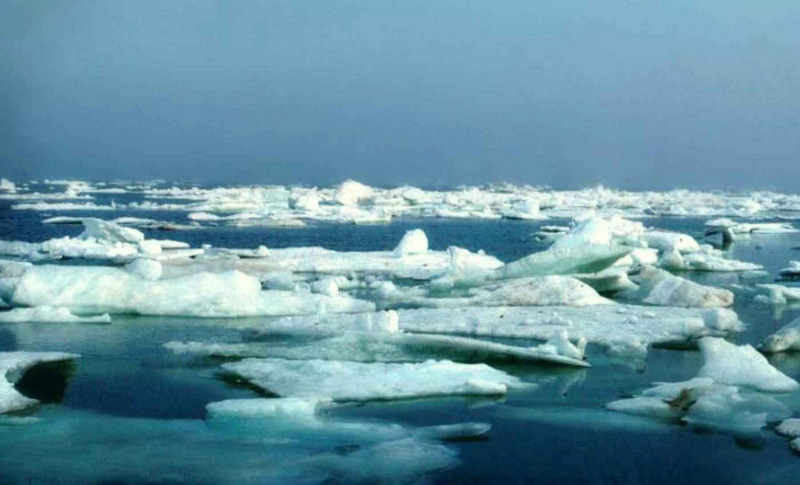
According to data from the National Snow and Ice Data Center (NSIDC) in Boulder, Colorado (US), May 2016 saw the lowest Arctic sea ice extent in the Arctic for the month of May since satellite observations began in 1979.
Sea ice in the Arctic covered only 12.0 million square kilometres. This was 580,000 square kilometres below the previous record low for the month of May set in 2004, and 1.39 million square kilometres below the 1981-2010 long-term average sea ice extent.
The average monthly sea ice extent for May 2016 was more than one million square kilometres below the average monthly extent seen in May 2012 - the same year that saw the most recent record-setting lowest September minimum summer sea ice extent. Sea ice extent in May was also diminishing "two to four weeks ahead" of what scientsits were observing in May 2012.
“Early retreat of sea ice in the Beaufort Sea and pulses of warm air entering the Arctic from eastern Siberia and northernmost Europe are in part driving below-average ice conditions,” according to the NSIDC website.
Record low extents for the months on January, February and April were also set so far in 2016.
Professor Peter Wadhams, head of the Polar Ocean Physics Group at the University of Cambridge, recently told journalists that he believes this year will likely see another record low summer sea ice extent in the Arctic, similar to previous years in recent histroy (September 2012 and September 2007).
Read more at: http://phys.org/news/2016-06-greenland-arctic-amplification.html#jCp
Read more at: http://phys.org/news/2016-06-greenland-arctic-amplification.html#jCp